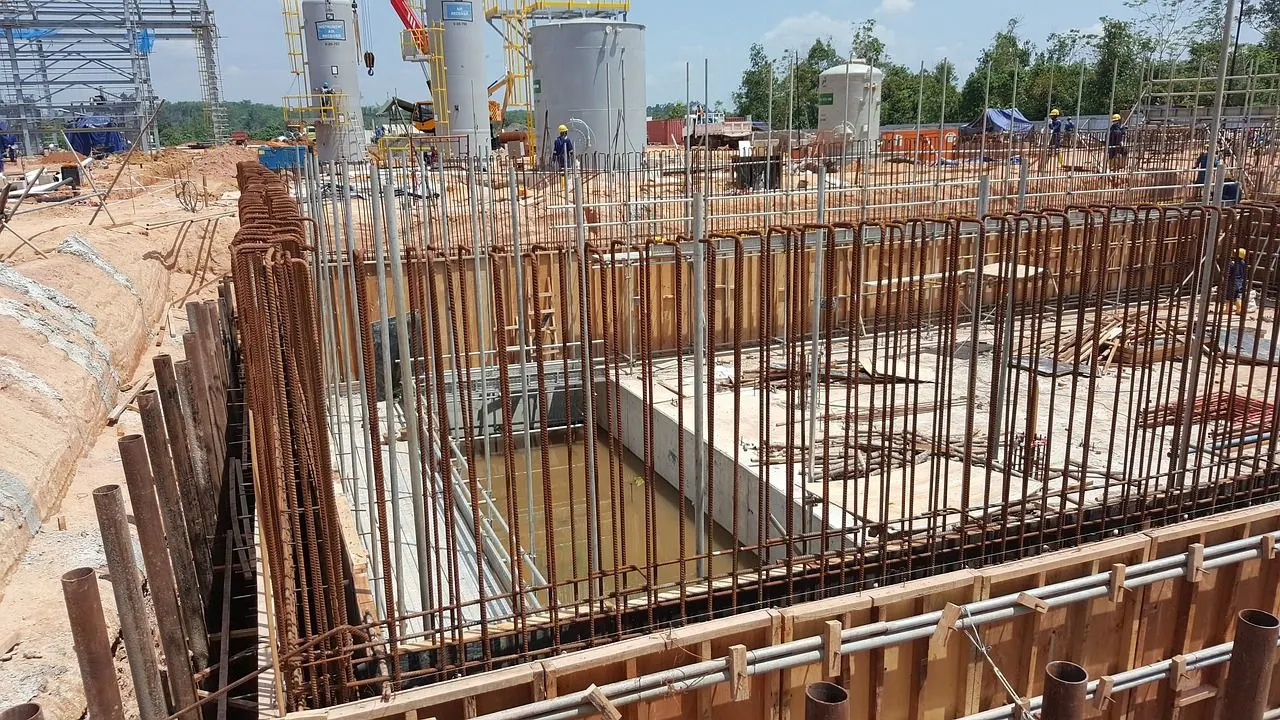Constructing a solid foundation is essential for any building project, ensuring stability and longevity. Accurately estimating the materials and costs involved is crucial for effective budgeting and project planning. The Concrete Foundation Calculator is a tool designed to assist in determining the volume of concrete required and the associated costs based on various input parameters.
Understanding the Concrete Foundation Calculator
The calculator computes the total volume of concrete needed for a foundation and estimates the associated costs by considering factors such as material expenses, labor rates, and project complexity. By inputting specific dimensions and rates, users can obtain precise calculations tailored to their project's requirements.
Key Formulas Used in the Calculator
To comprehend the calculations performed by the Concrete Foundation Calculator, it's important to understand the underlying formulas:
1. Calculating Foundation Volume
The volume of a rectangular foundation is determined by multiplying its length, width, and depth. The formula is:
Volume=Length×Width×Depth
Example: For a foundation measuring 30 feet in length, 40 feet in width, and 1 foot in depth:
Volume=30ft×40ft×1ft=1,200ft3
2. Calculating Concrete Material Cost
The cost of concrete material is calculated by multiplying the total volume by the cost per cubic foot (or cubic yard, depending on the unit used). The formula is:
Material Cost=Volume×Concrete Cost per Unit Volume
Example: If the concrete cost is $100 per cubic yard, and the volume is 1,200 cubic feet (which is approximately 44.44 cubic yards):
Material Cost=44.44yd3×100yd3$=$4,444
3. Calculating Labor Cost
Labor costs are estimated by considering the area of the foundation, the labor rate, and a complexity factor that accounts for project-specific challenges. The formula is:
Labor Cost=Area×Labor Rate×Complexity Factor
Example: For a foundation area of 1,200 square feet, a labor rate of $2 per square foot, and a complexity factor of 1.2:
Labor Cost=1,200ft2×2ft2$×1.2=$2,880
4. Calculating Total Foundation Cost
The total cost combines both material and labor costs:
Total Cost=Material Cost+Labor Cost
Example: Using the previous examples:
Total Cost=$4,444+$2,880=$7,324
Conclusion
The Concrete Foundation Calculator is an invaluable tool for anyone involved in construction projects, from DIY enthusiasts to professional builders. By understanding and utilizing the formulas for volume and cost calculations, you can ensure that your foundation is both structurally sound and economically feasible. Always input accurate measurements and costs to obtain reliable estimates tailored to your project's unique requirements.

Check out 1 similar Concrete Foundation Calculator - Estimating Costs and Materials for Your Construction Project :